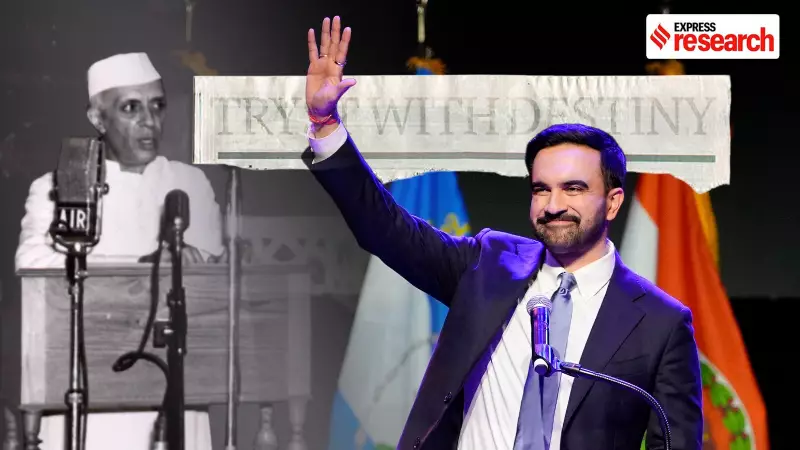
On the eve of India's independence, as the clock struck midnight on August 14, 1947, Jawaharlal Nehru delivered words that would transcend time and geography. His "Tryst with Destiny" address wasn't just a celebration of freedom—it was a profound vision that continues to resonate across continents decades later.
The Speech That Defined a Nation's Soul
Nehru's eloquent words captured the essence of a nation awakening to freedom after centuries of colonial rule. But what makes this speech remarkably contemporary is its universal message of hope, democracy, and human dignity—themes that speak directly to our current global challenges.
Global Echoes in Modern Times
From anti-colonial movements in Africa to democracy advocates in Asia, Nehru's vision has served as inspiration worldwide. The speech's emphasis on ending poverty, ignorance, and disease remains strikingly relevant as nations grapple with inequality and public health crises.
Academic recognition of the speech's significance has grown exponentially. Scholars globally analyze its rhetorical power and philosophical depth, noting how it balances national pride with international responsibility.
Why It Still Matters Today
- Democratic Values: In an era of democratic backsliding, Nehru's commitment to democratic institutions offers crucial lessons
- Inclusive Development: His focus on lifting all citizens, not just the privileged few, speaks to current development debates
- International Cooperation: The speech's vision of global peace and cooperation feels particularly urgent today
What sets Nehru's address apart is its timeless quality—it speaks not just to the moment of its delivery but to generations of freedom-seekers and nation-builders everywhere.
A Legacy That Transcends Borders
The continued study and reference to "Tryst with Destiny" in international forums, academic circles, and political discourse demonstrates its enduring power. It remains a touchstone for discussions about national identity, freedom, and the responsibilities that come with independence.
As new nations emerge and established democracies face challenges, Nehru's words continue to offer wisdom and inspiration—proof that great speeches don't just capture moments; they shape futures.






